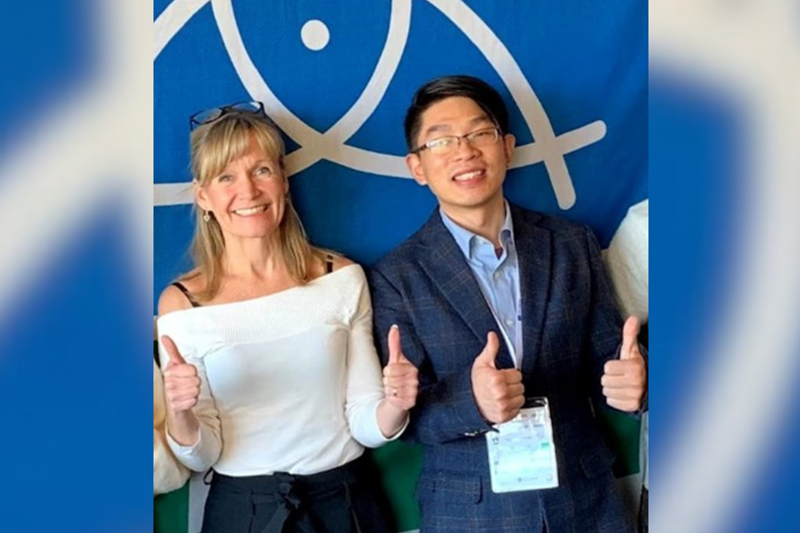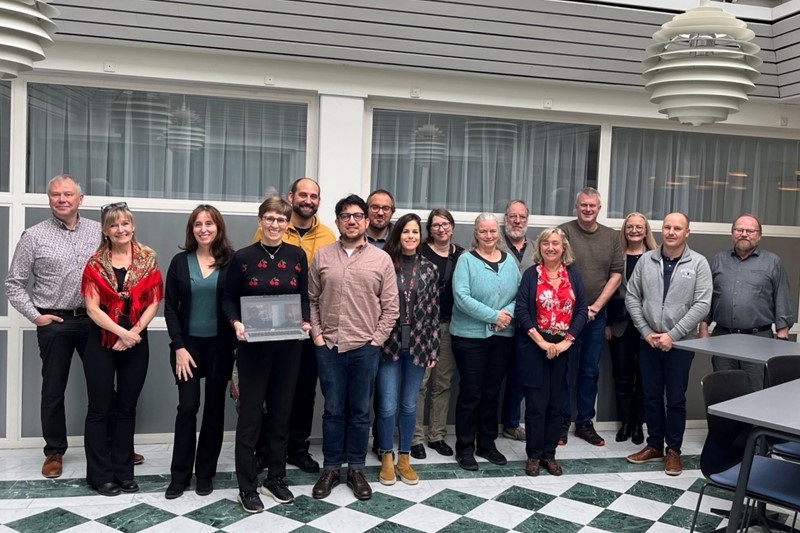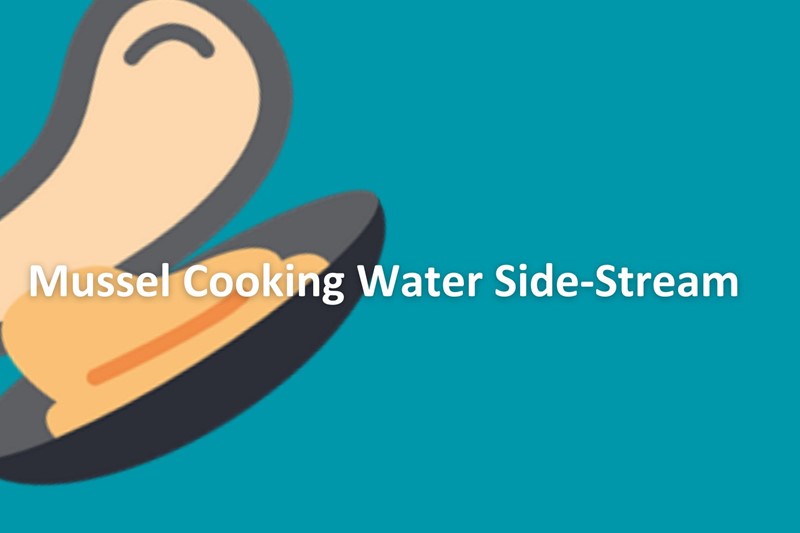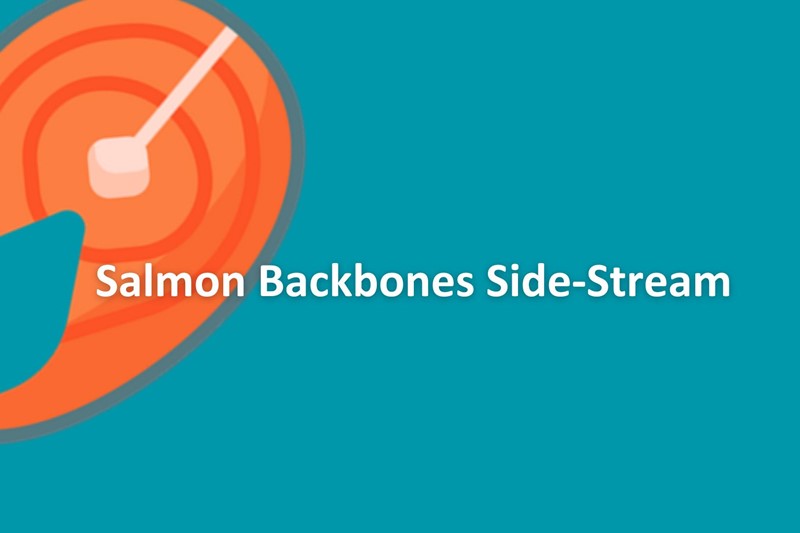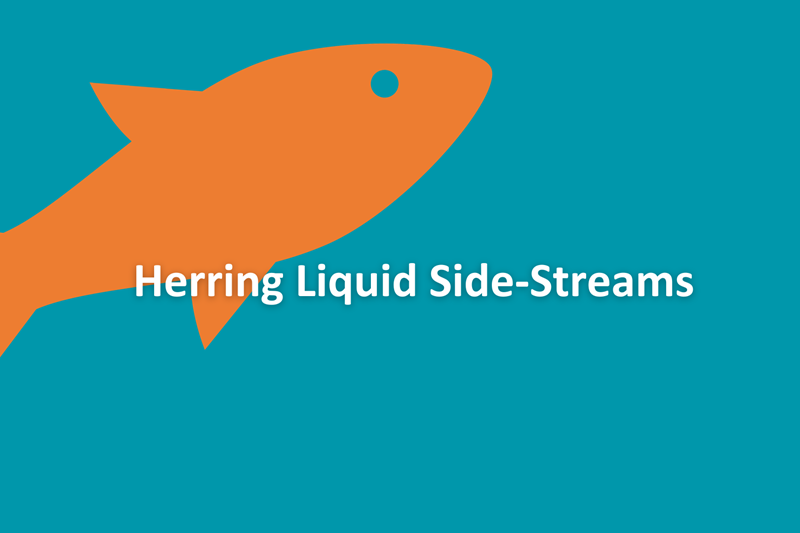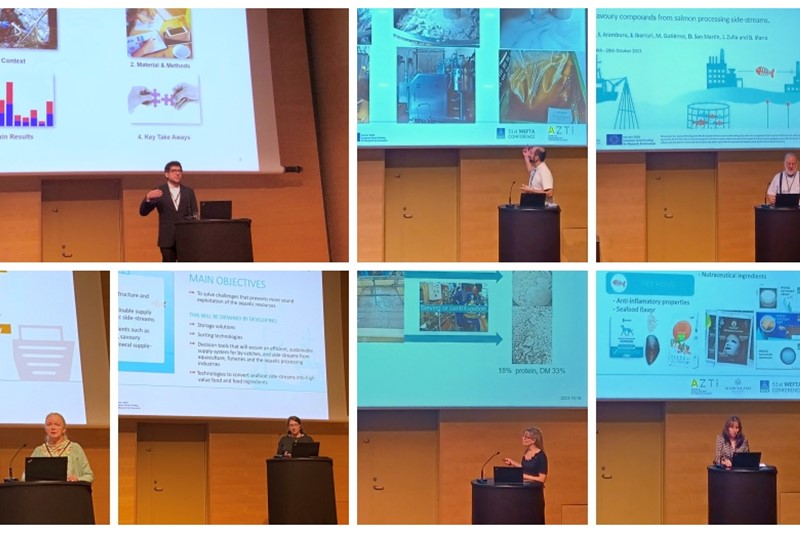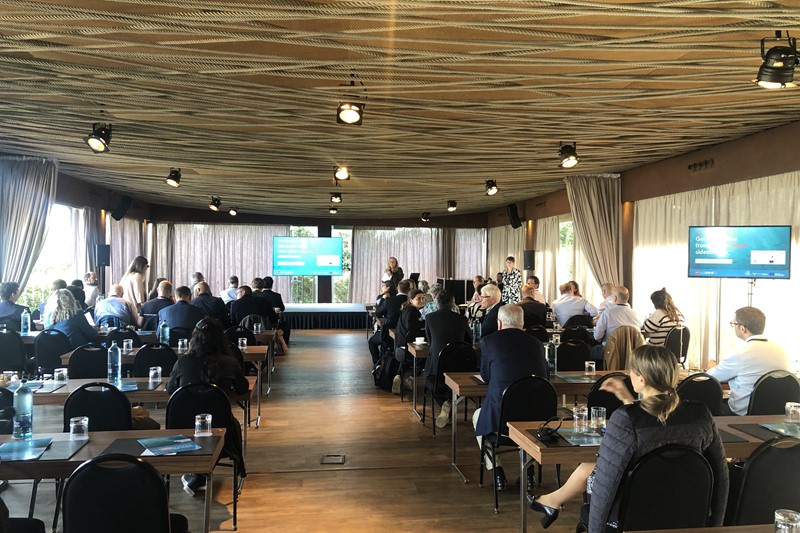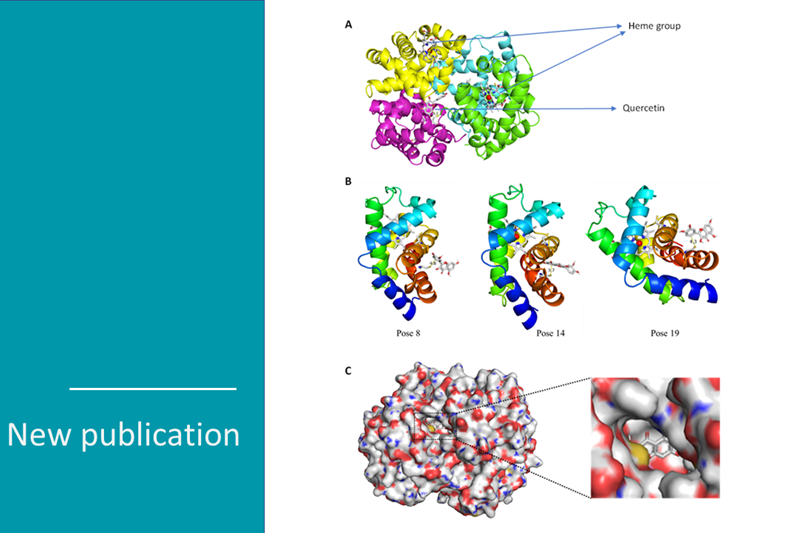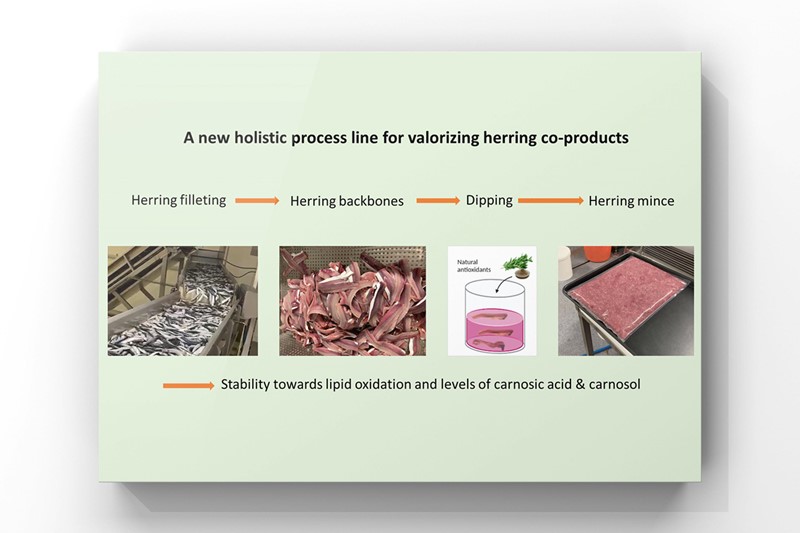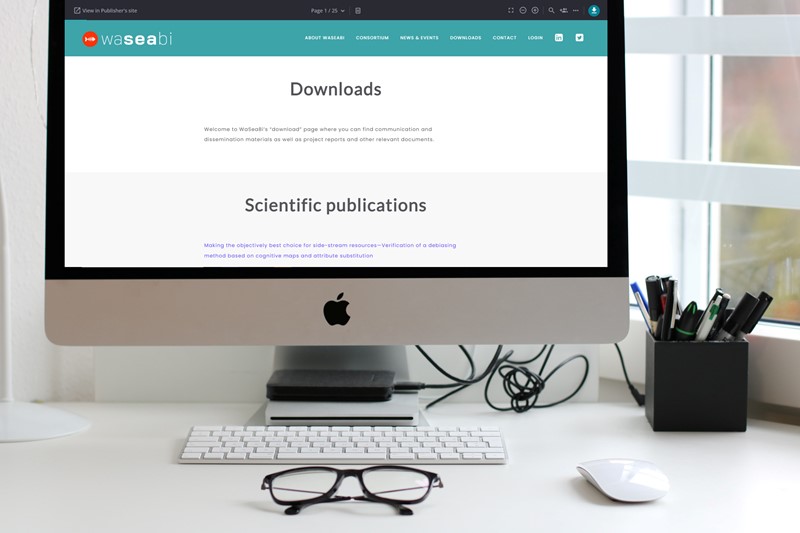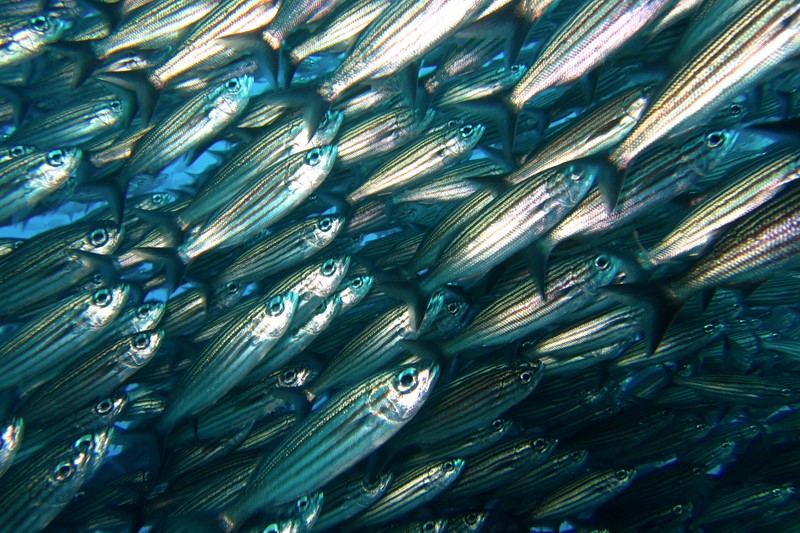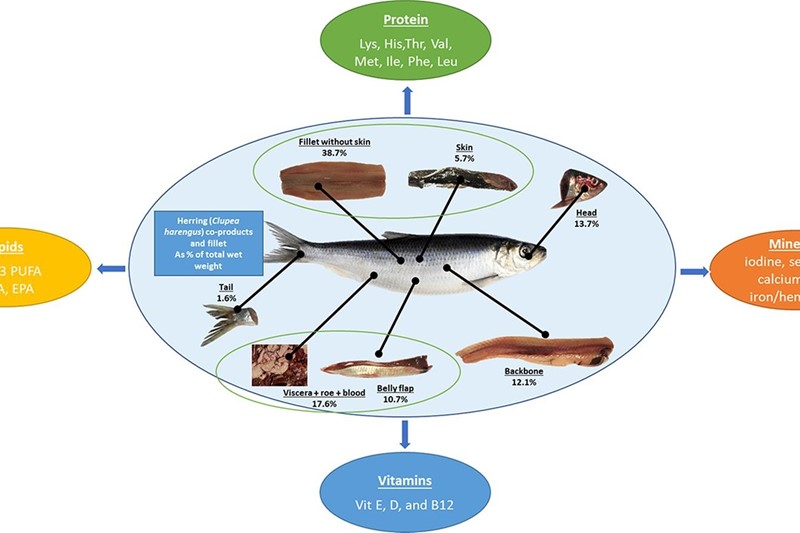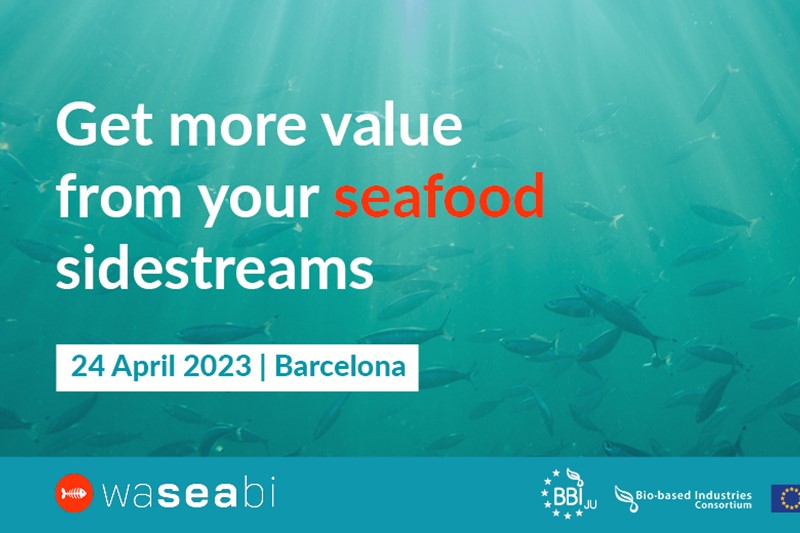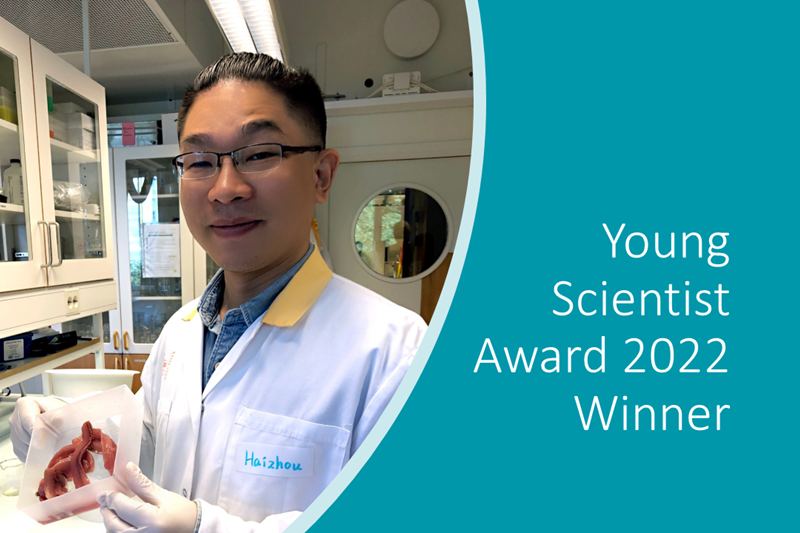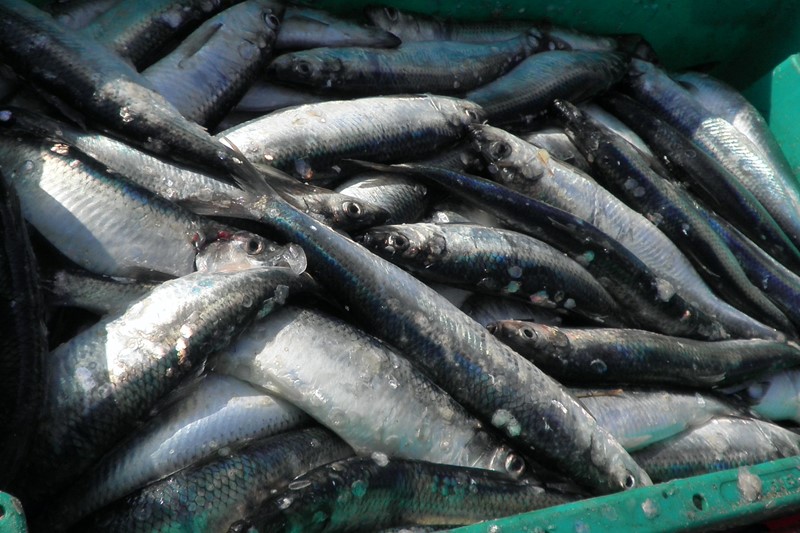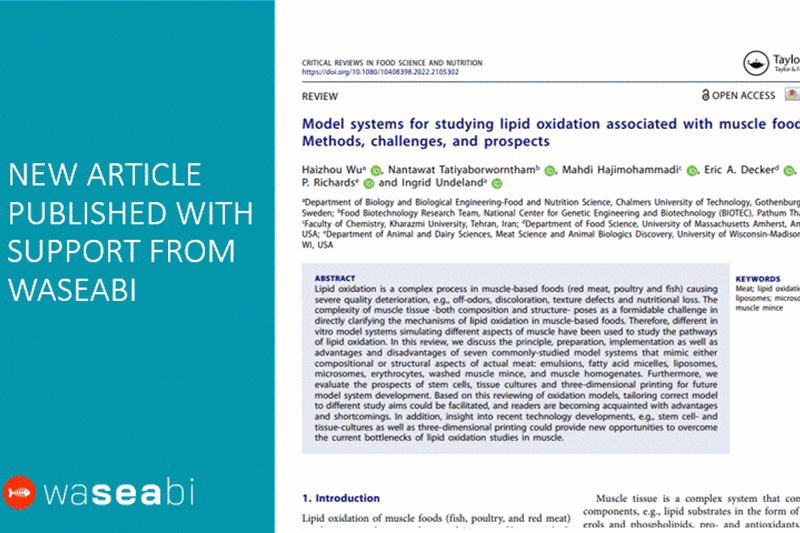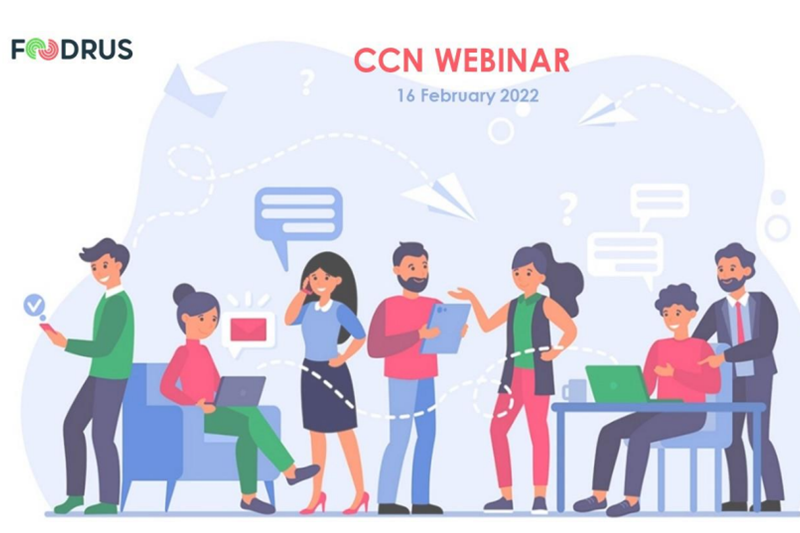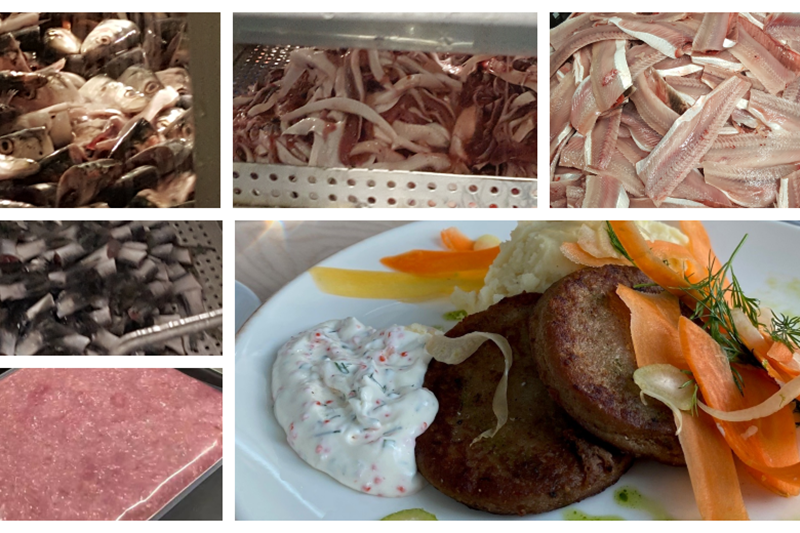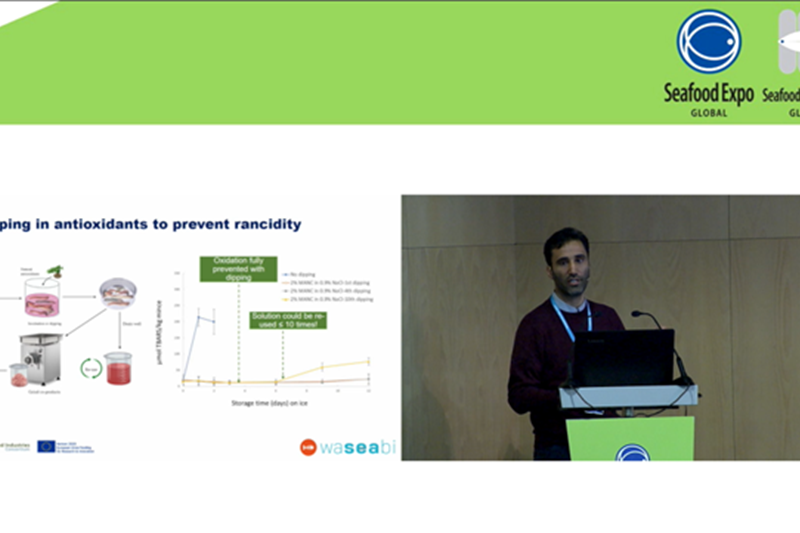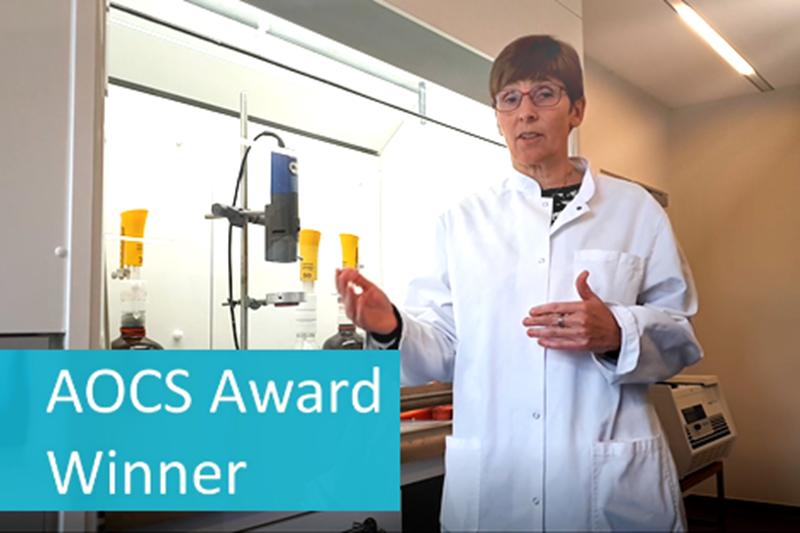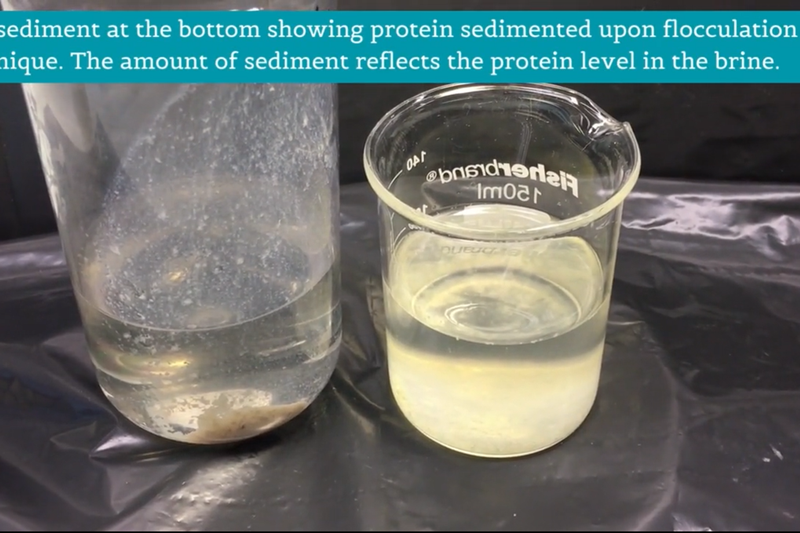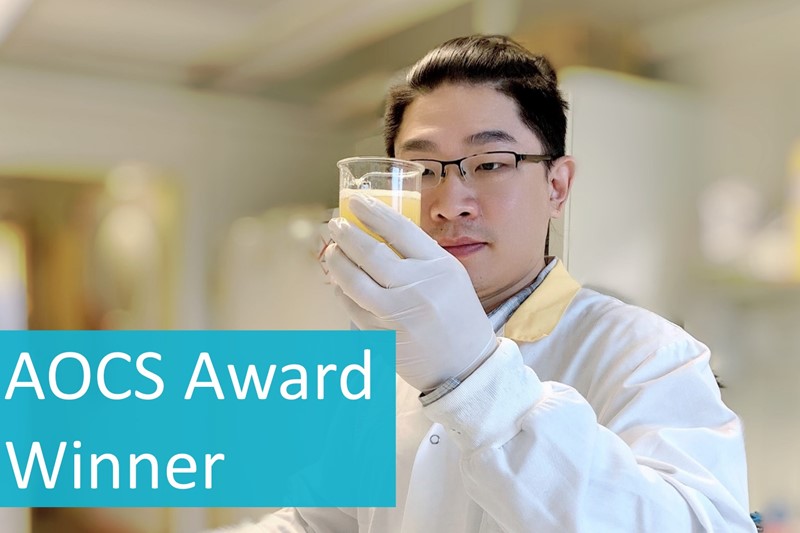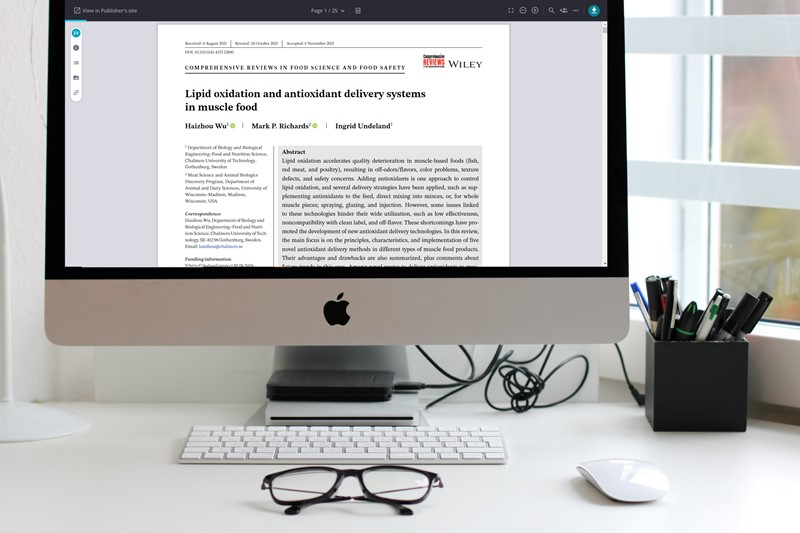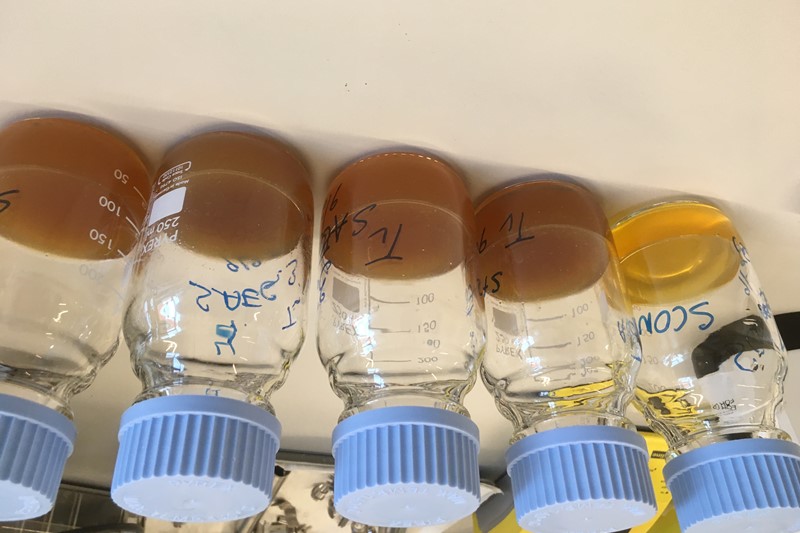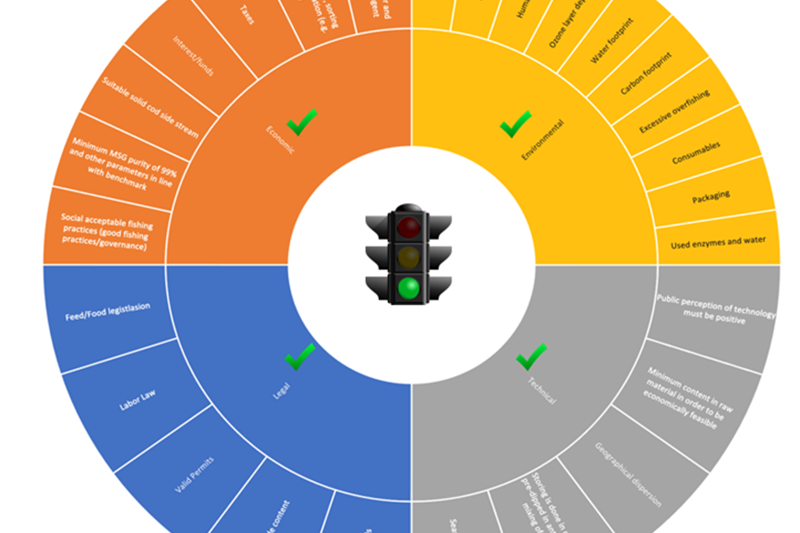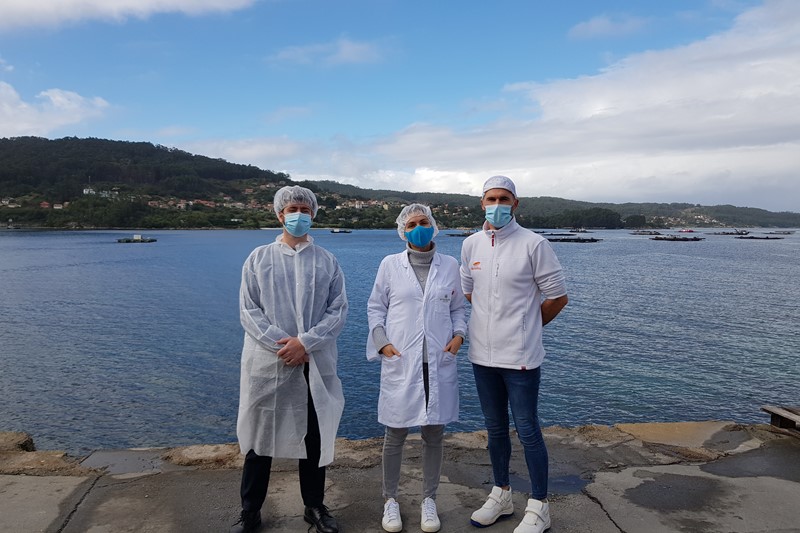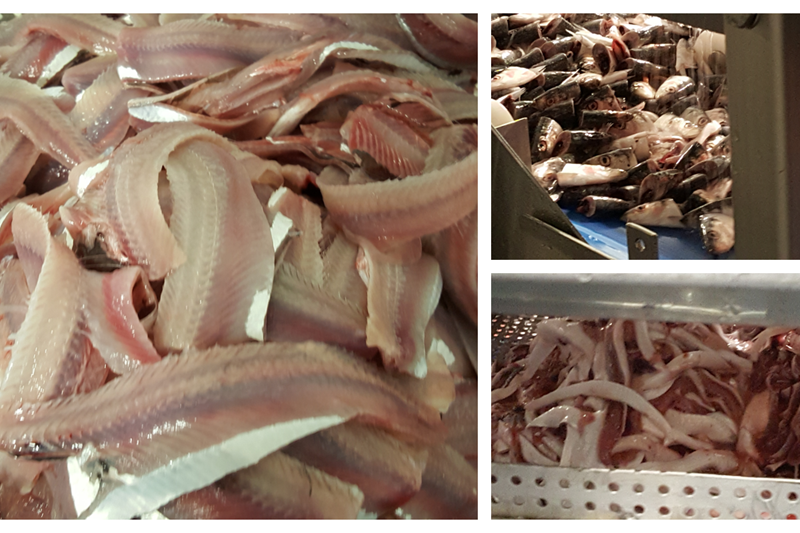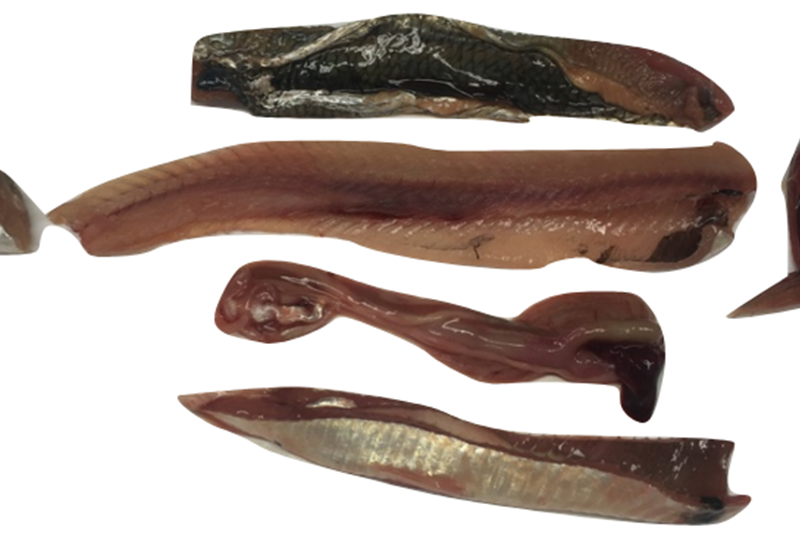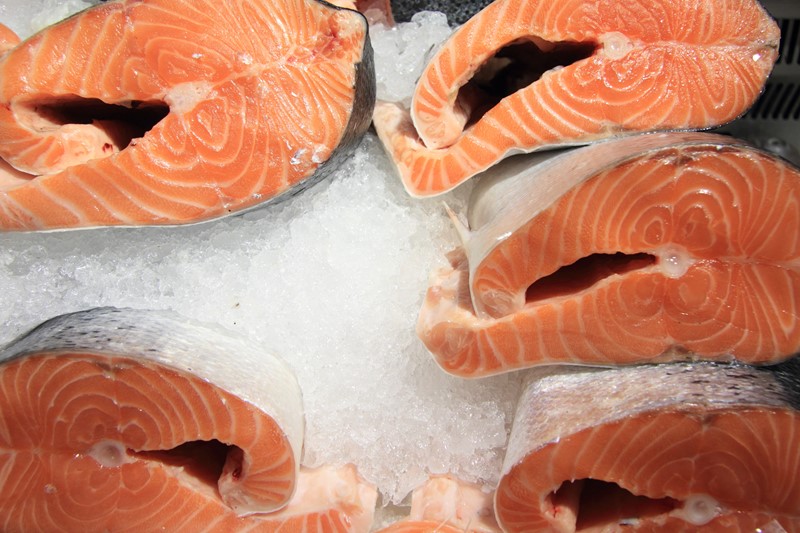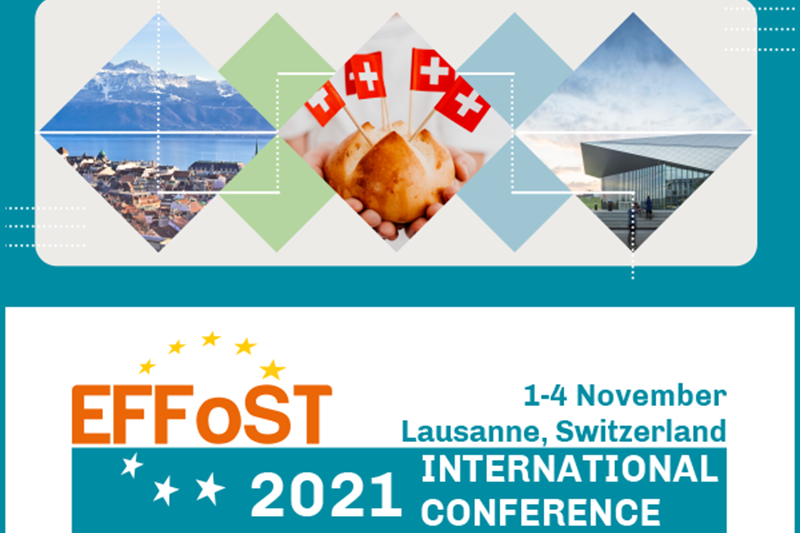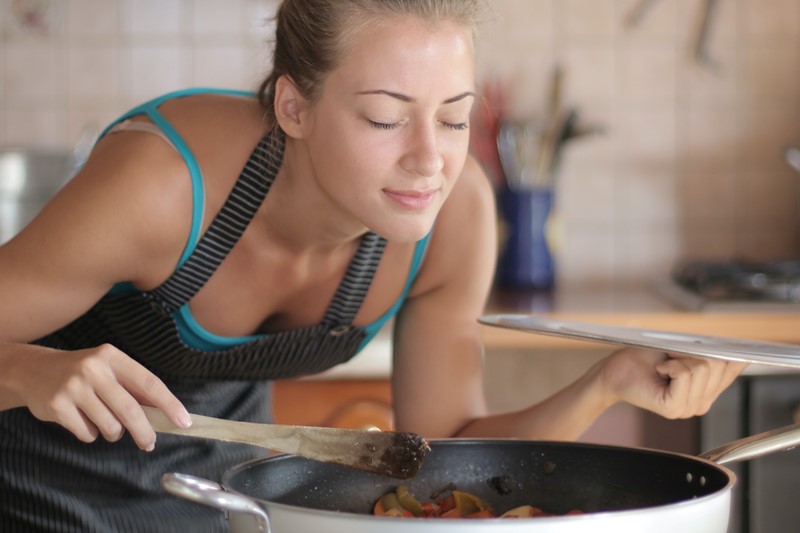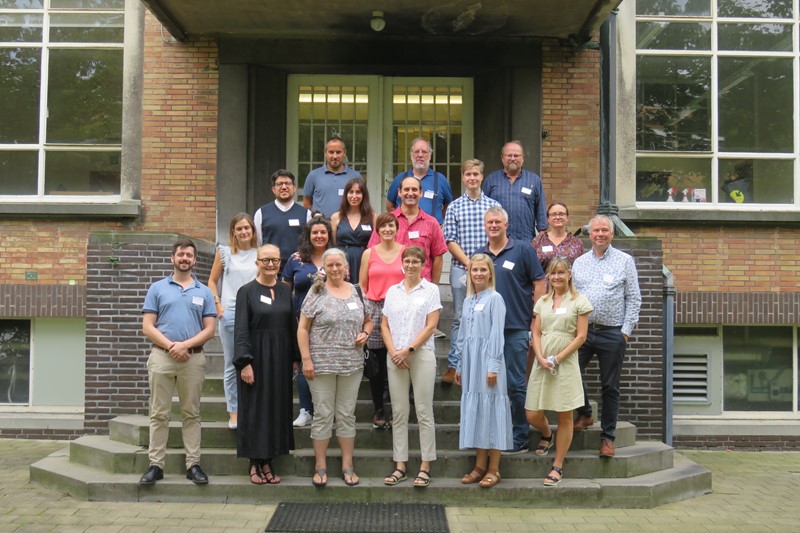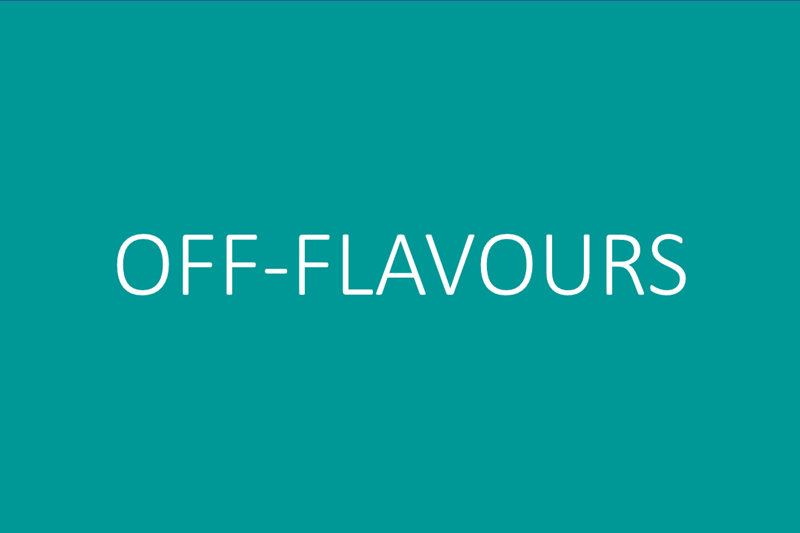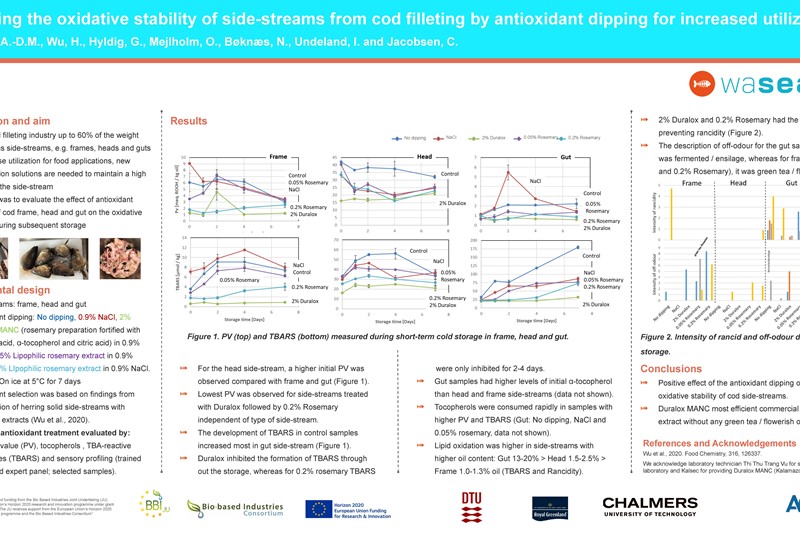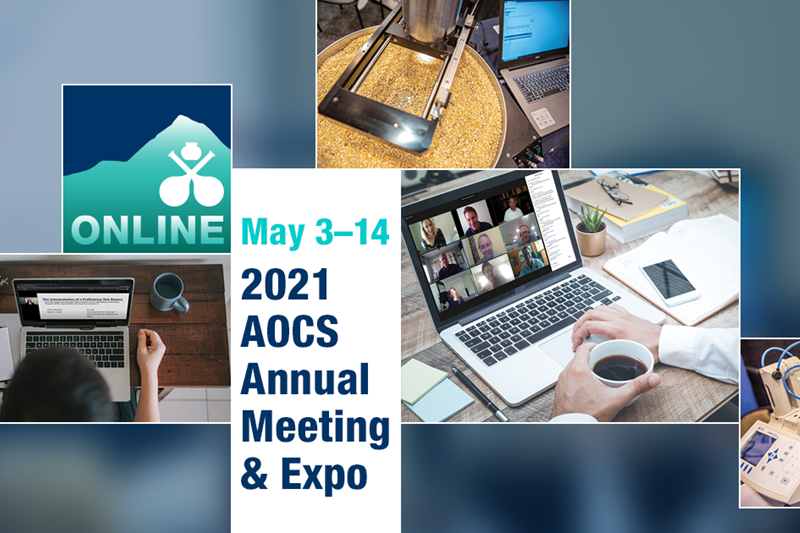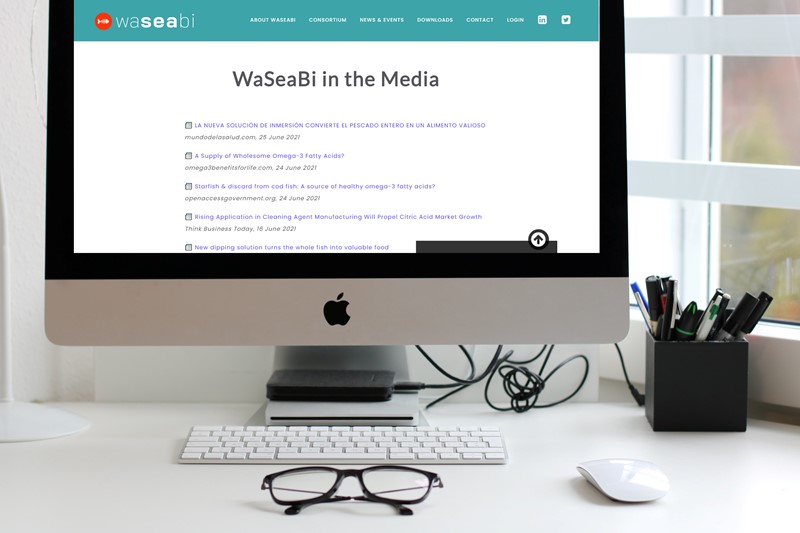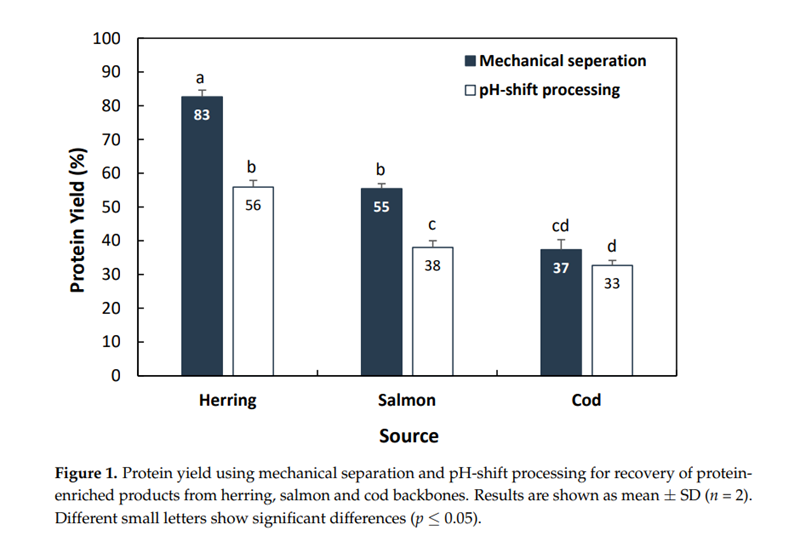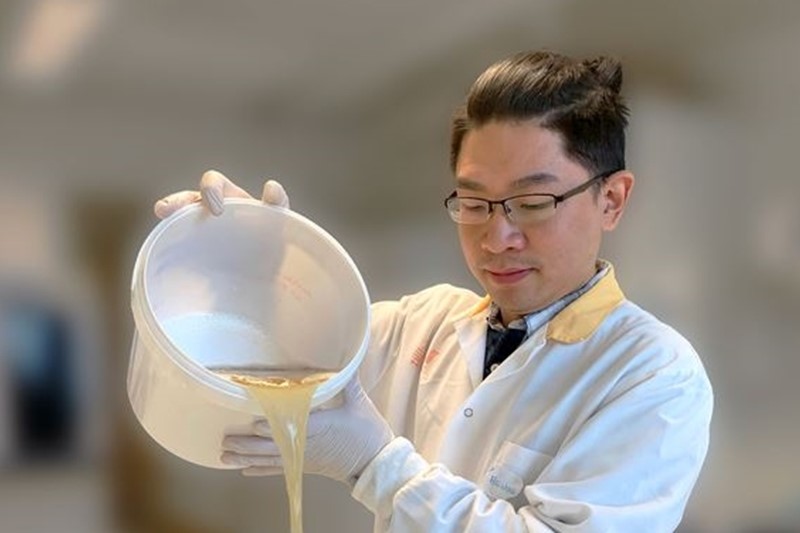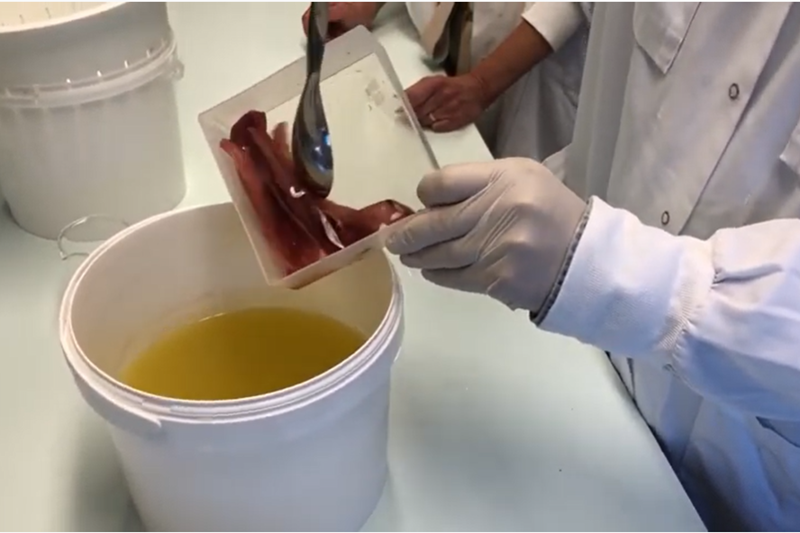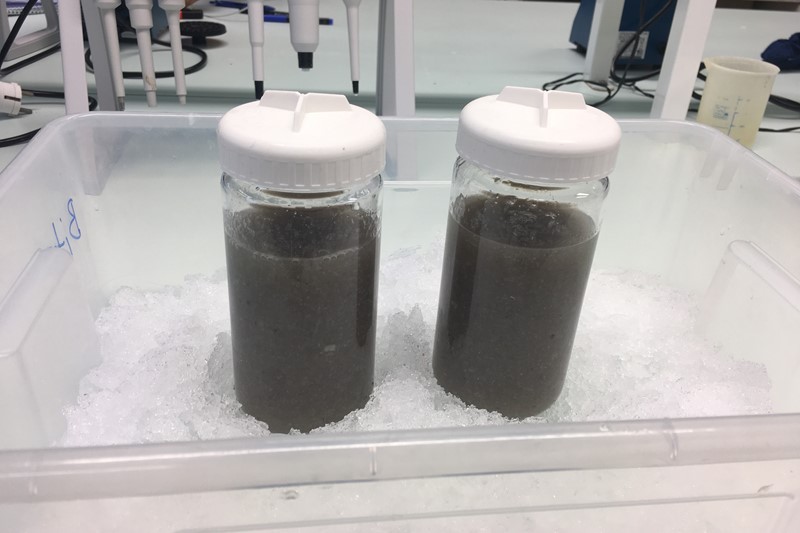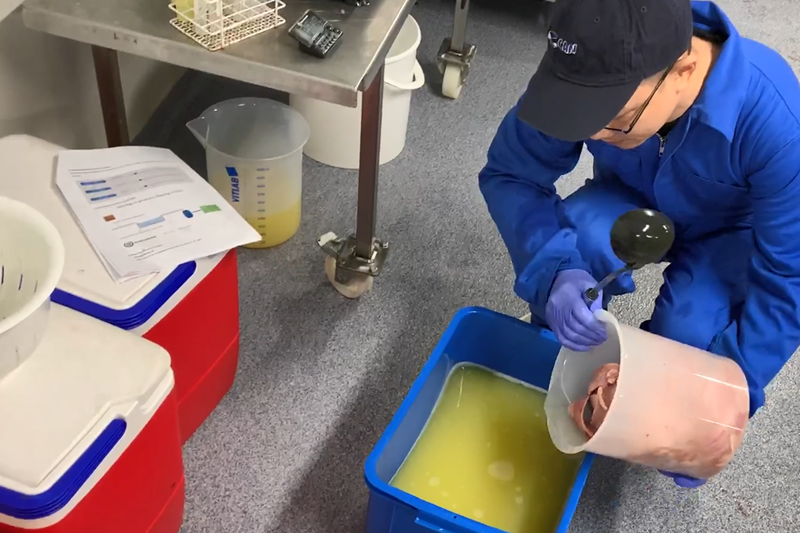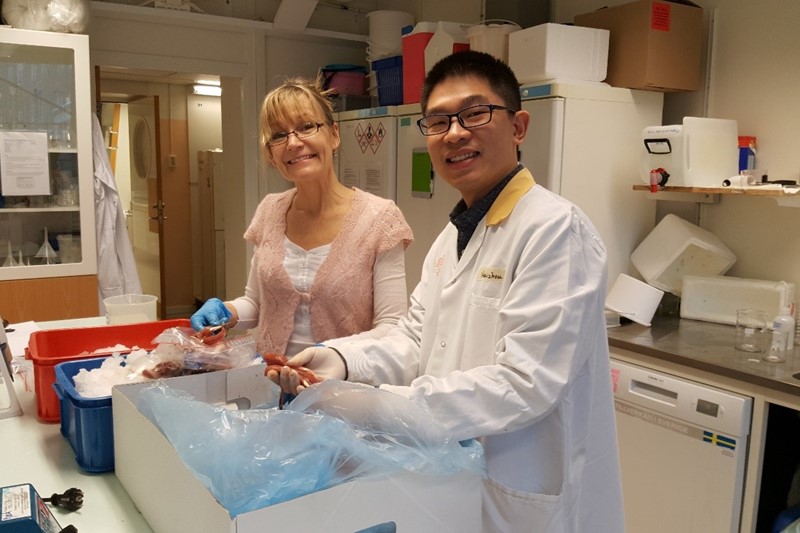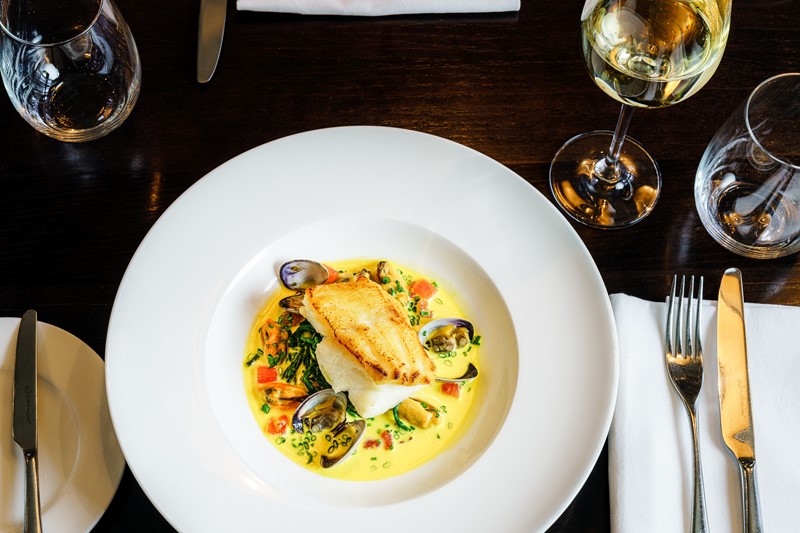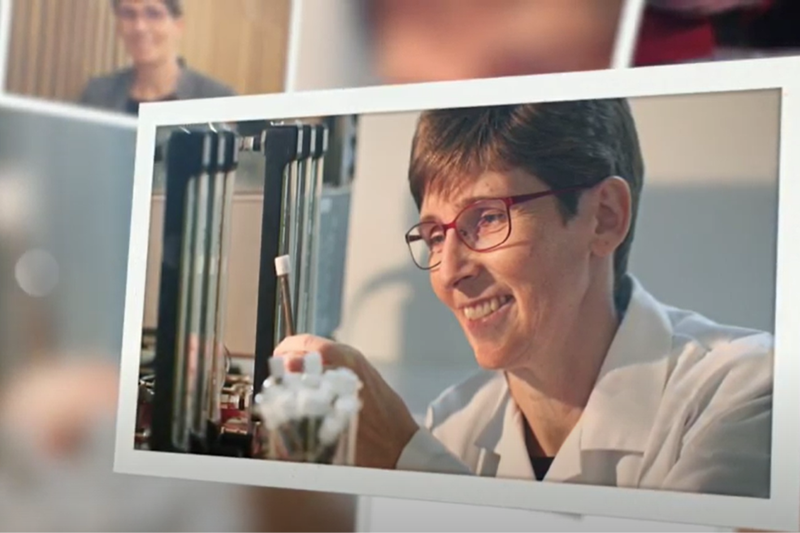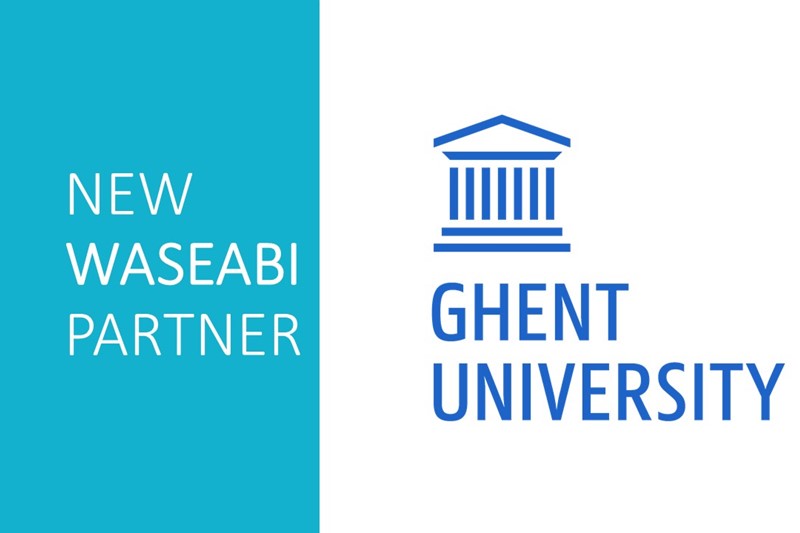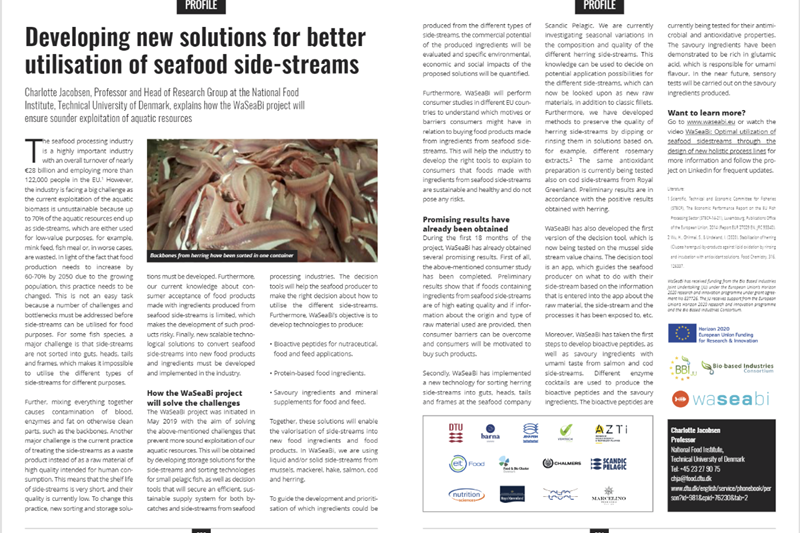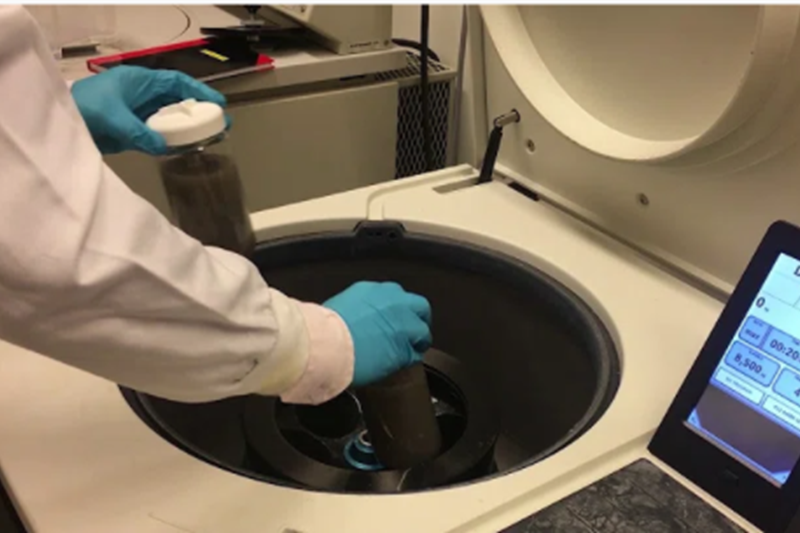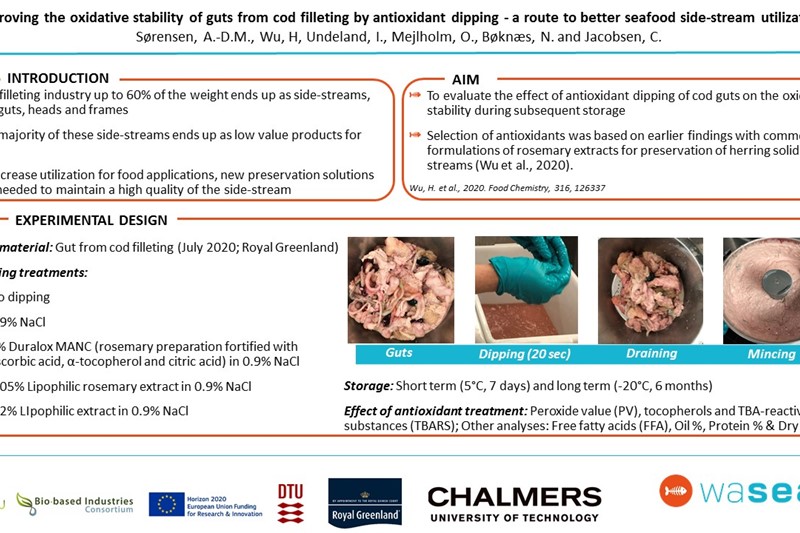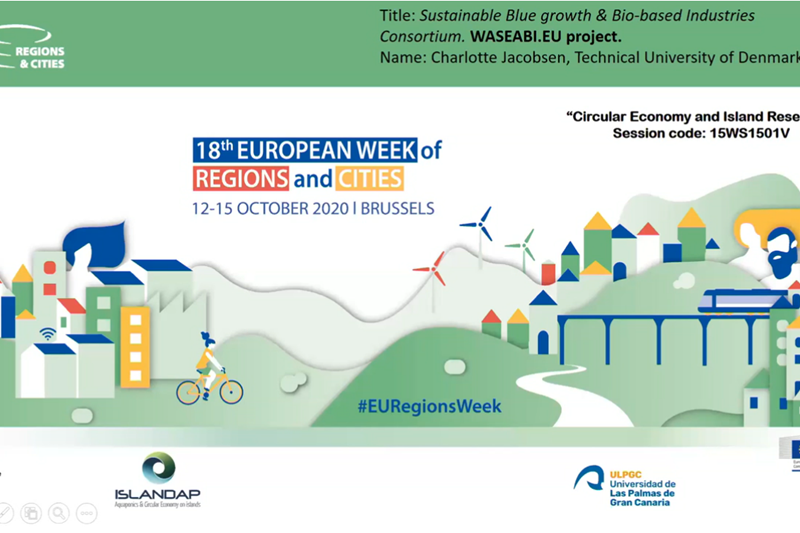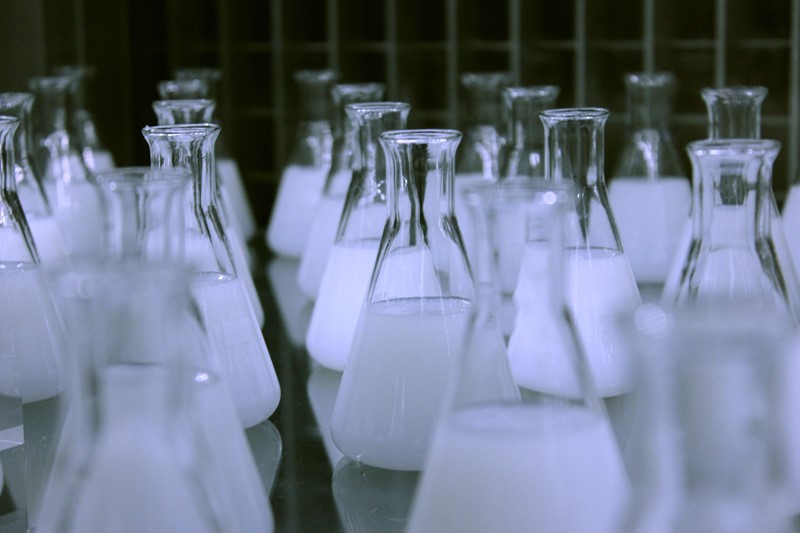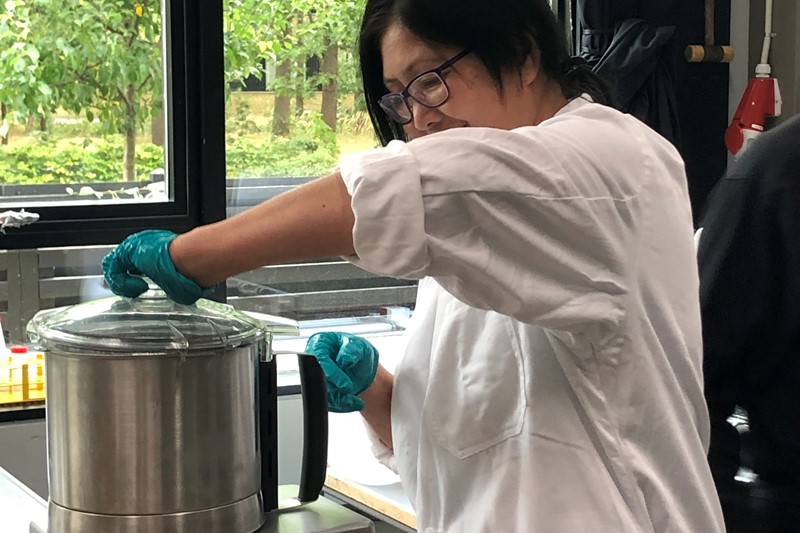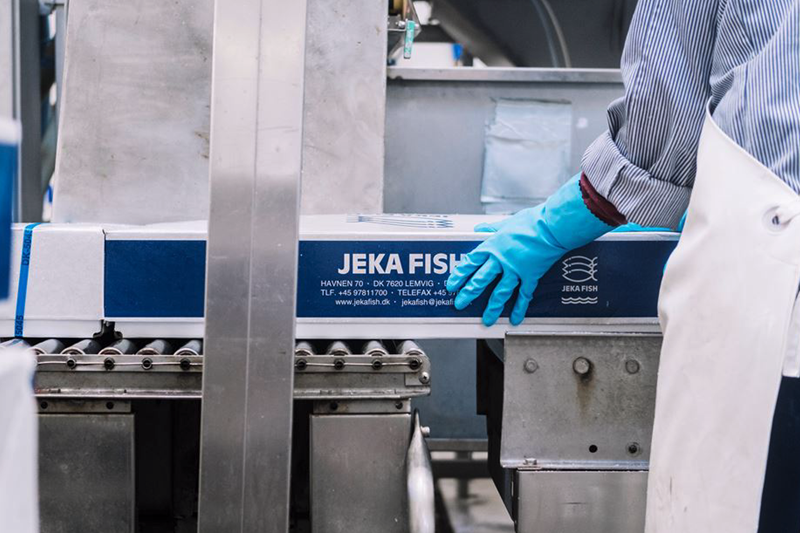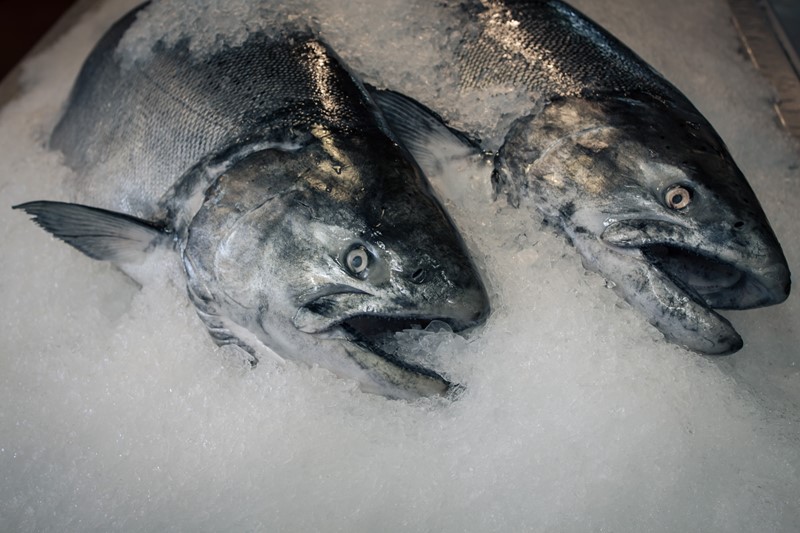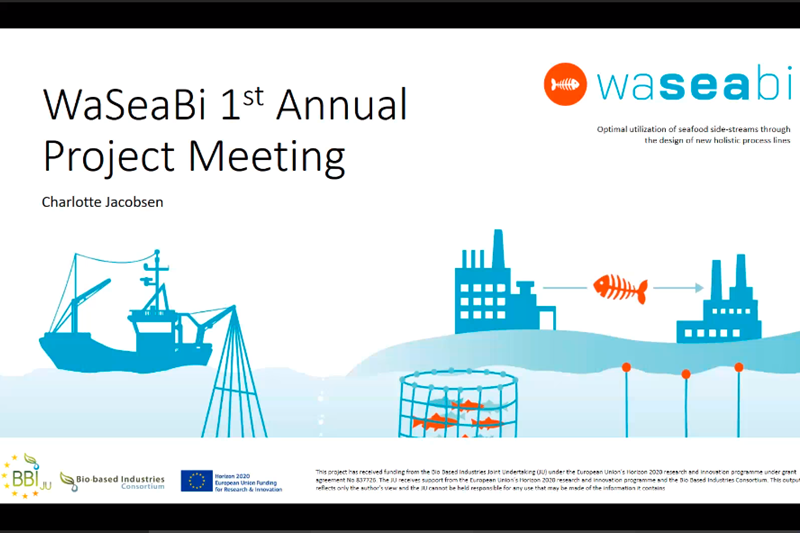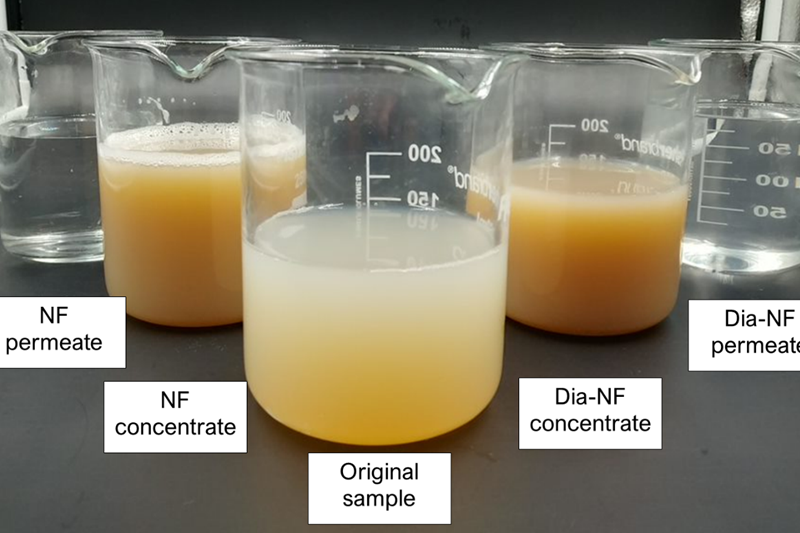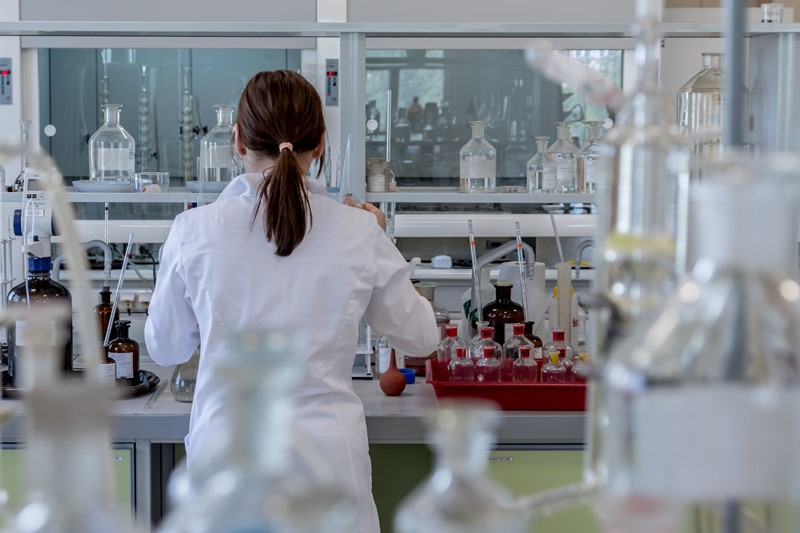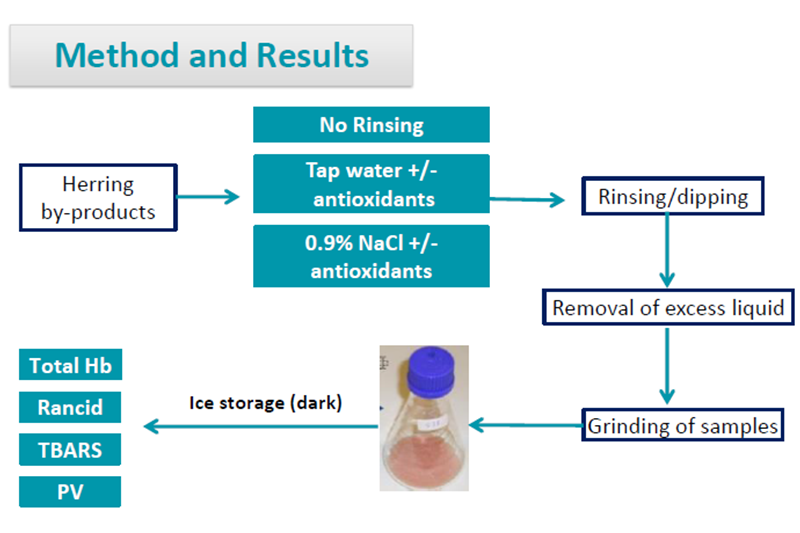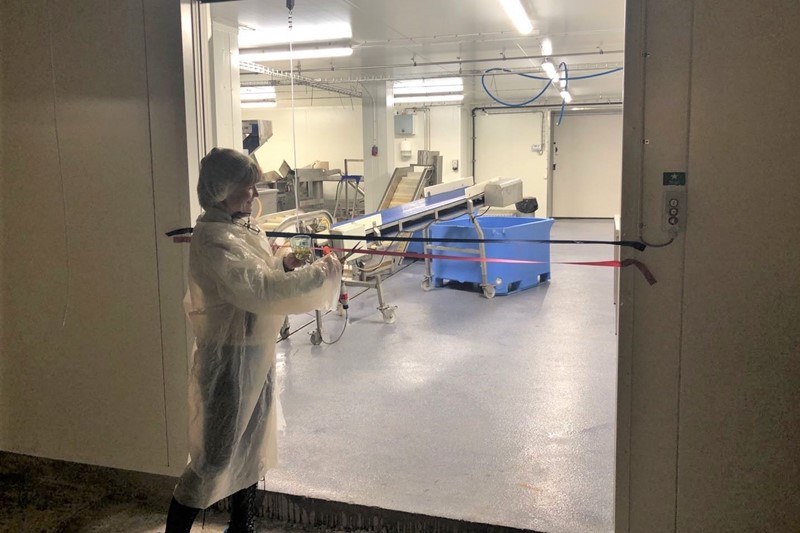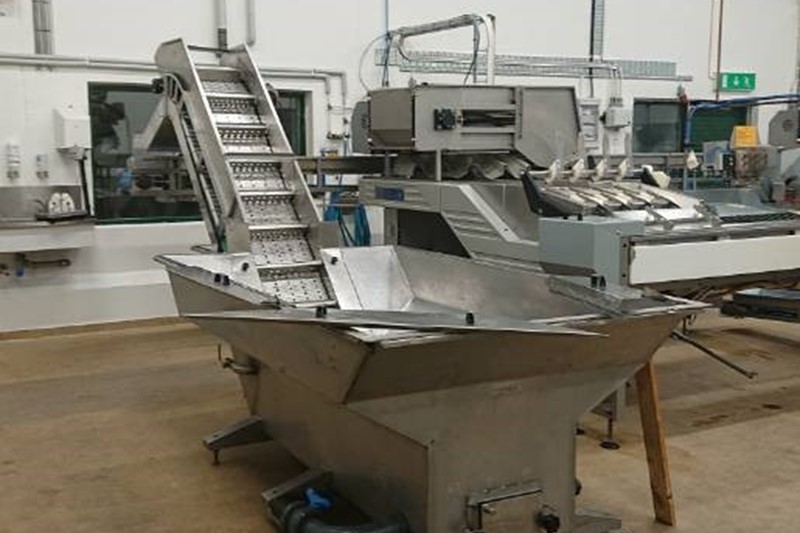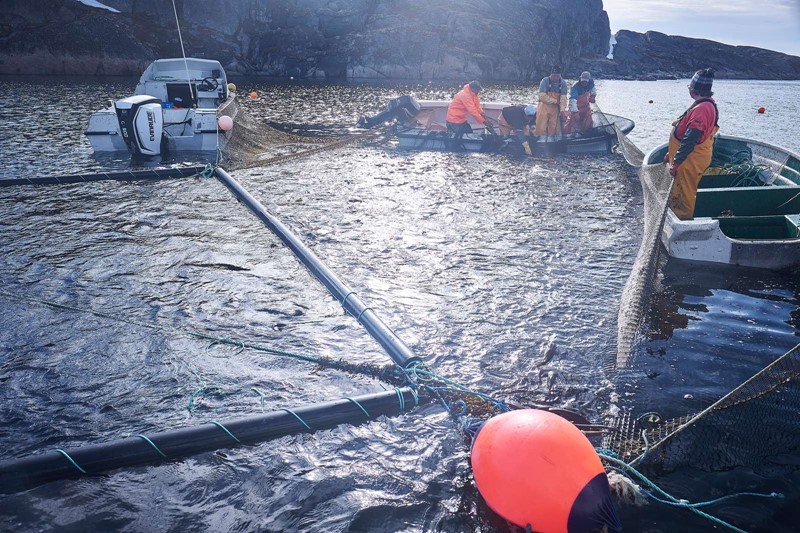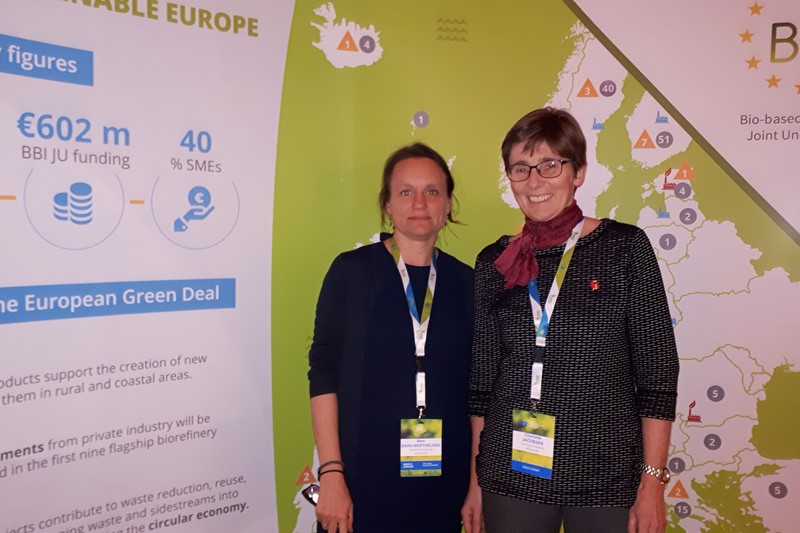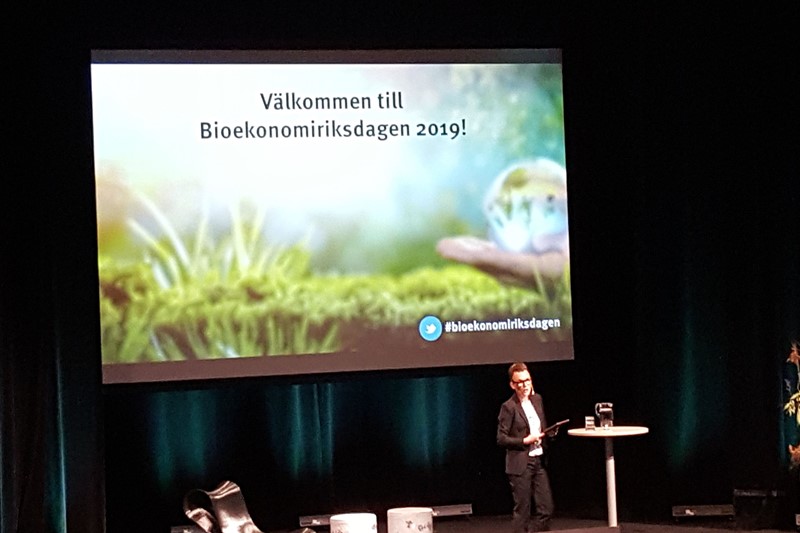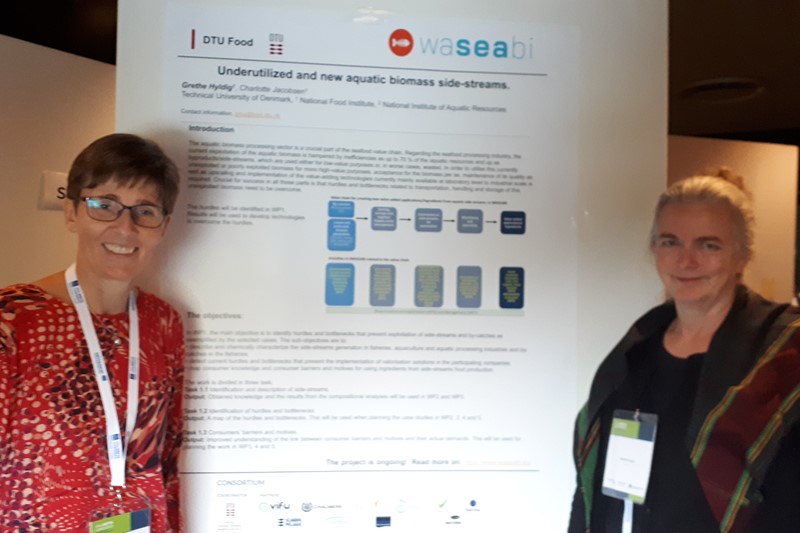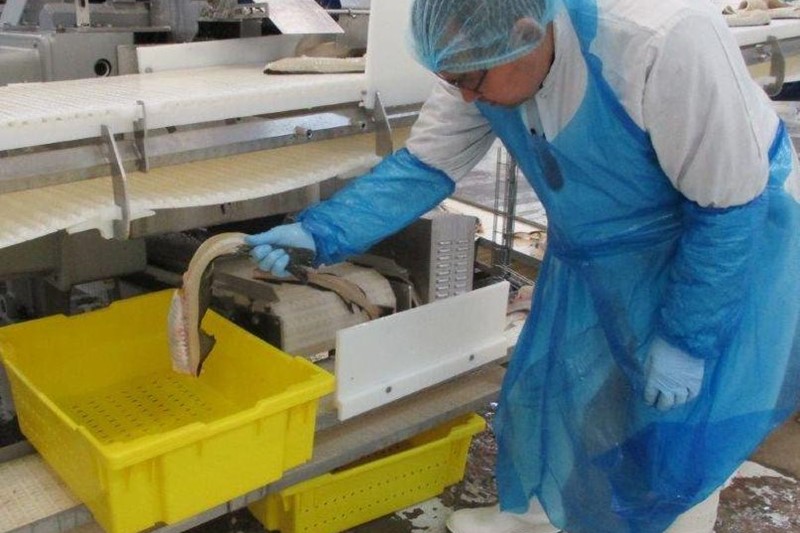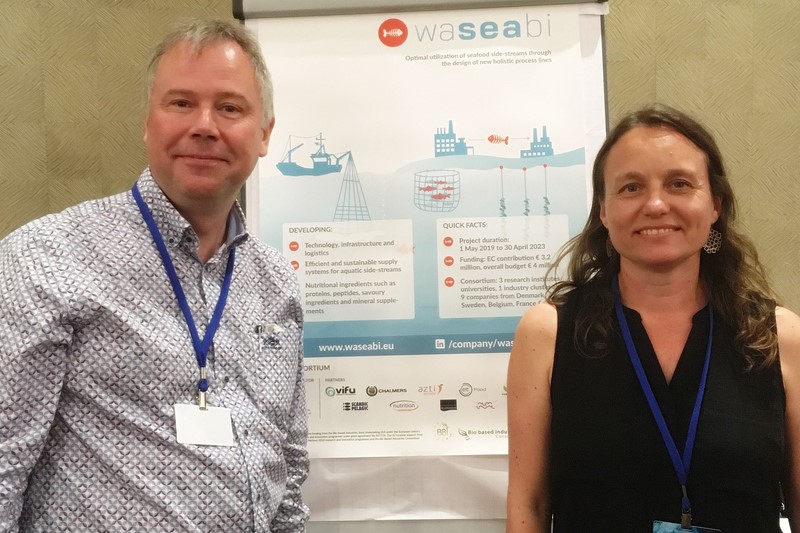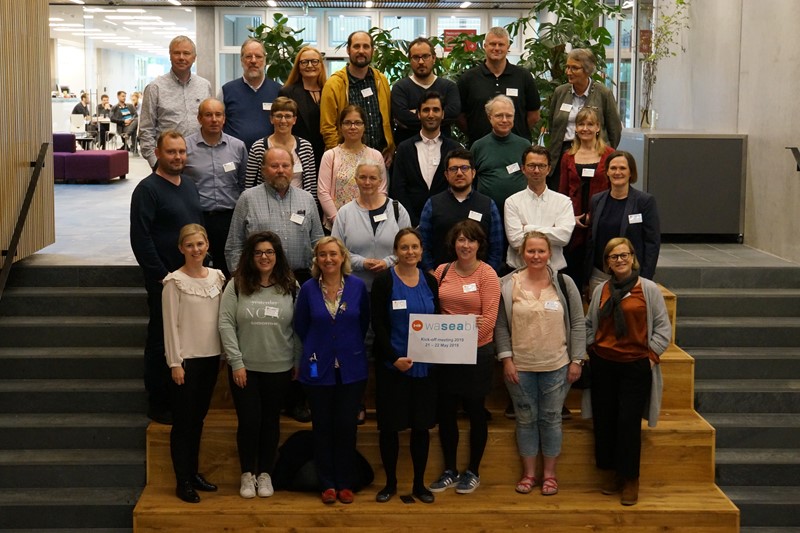WaSeaBi's research on herring nutrition has been incorporated into the FAO/INFOODS Global Food Composition Database for Fish and Shellfish (u-Fish 1.0), si…
Latest news from Waseabi & Partners
After more than 4 ½ years of intensive research activities, the WaSeaBi project is now coming to an end on 31 October 2023 and with this article, we would…
Overview of the Environmental and Economic Sustainability Assessment
Overview of the Environmental and Economic Sustainability Assessment
Overview of the Environmental and Economic Sustainability Assessment
Last week WaSeaBi partners presented at the 51st Western European Fish Technologists Association (WEFTA) Conference, which took place from 16-20 October 20…
That was one of the key take-homes from one of the participants, who attended the successful conference “Get more value from your seafood side-stream”, whi…
New publication that summarizes 5 direct and 3 indirect pathways by which polyphenols inhibit heme protein-mediated lipid oxidation in muscle foods and dis…
New publication: Studies the stabilizing effect of pre-dipping herring backbones in rosemary-derived antioxidant solutions
New paper published, with support from WaSeaBi, where the authors propose a novel bias identification and debiasing framework to be used in Multi-Criteria-…
Cost efficient solutions for sorting and prolonging the side-stream shelf life, decision tools to optimise the side-stream use and techniques for convertin…
New scientific paper about the nutritional and chemical composition of herring co-products published in Food Chemistry: X
The WaSeaBi partners invite you to join this conference where we will share news, results, methodologies and techniques for the seafood industry.
The International Union of Food Science and Technology (IUFoST) has selected WaSeaBi researcher Dr. Haizhou Wu from Chalmers University of Technology as wi…
Get the answers in the newly published paper: “Protein isolation yield from herring co-products as well as the molecular weight distribution and functional…
You can now access our recently published article on “Model systems for studying lipid oxidation associated with muscle foods: Methods, challenges, and pro…
In February, WaSeaBi’s Project Coordinator Charlotte Jacobsen participated an online workshop organised by the Cooperation and Collaboration Network (CCN)…
Press release about the successful implementation of a new sorting technology at the herring processing company Sweden Pelagic AB in close cooperation with…
Watch the sponsored presentation, which four representatives from the WaSeaBi project gave during this year's Seafood Expo Global in Barcelona.
In the WaSeaBi consortium, we have not only one winner of an AOCS award, but two. The project coordinator, Charlotte Jacobsen from Technical University of…
Significant amount of nutrients such as protein, lipid, antioxidants are leaking to the process waters during processing of seafood. In WaSeaBi, our aim is…
We are delighted to announce that the American Oil Chemists' Society (AOCS) has selected Haizhou Wu from Chalmers University of Technology, as the sole win…
A new paper with support from WaSeaBi has been published in Comprehensive Reviews in Food Science and Food Safety. The paper is titled “Lipid oxidation and…
Learn about emerging results and what WaSeaBi will focus on next year
Intrinsic value is the driver for economic rollout of successful concepts into the market. This is why we in WaSeaBi construct and evaluate the potential v…
In November, representatives from EIT Food and the Technical University of Denmark had the chance to meet with the industry project partner Pescados Marcel…
When fish is processed into fillets, all co-products (head, backbone, caudal fin, skin, and intestines) typically end up in one bin and are subsequently so…
Study on a recyclable dipping strategy to stabilize herring co-products during ice storage
That is the conclusion in a study that set out to uncover what the current hurdles and bottlenecks are that prevent the implementation of valorisation solu…
If you are looking to learn more about WaSeaBi and the results achieved in the project you will have ample opportunity to do so if you attend the 35th EFFo…
In a study conducted by the WaSeaBi project where the aim was to investigate how consumers feel about eating foods that contain ingredients made from seafo…
From 8 - 10 September 2021 the WaSeaBi partners were united once again in Ghent for the 2nd annual project meeting. The last time the partners met physical…
If the seafood side-streams should become new ingredients, it is important to know if there is or will be developed off-flavours during storage and in the…
During the Lipid Oxidation and Quality Poster Session at the 2021 AOCS Annual Meeting & Expo, Senior Researcher Ann-Dorit M. Sørensen from National Food In…
The WaSeaBi partners have been busy disseminating results at this year's AOCS Annual Meeting & Expo, where Haizhou Wu from Chalmers University of Technolog…
The news about the new dipping technology developed in WaSeaBi that extends the shelf life of seafood side-streams and thereby enables upgrading into food…
Two new studies published with support from WaSeaBi show that there is a major potential for upcycling of fish backbones to food ingredients, but processin…
We are proud to announce that the European Federation for the Science and Technology of Lipids (Euro Fed Lipid) has selected Haizhou Wu from Chalmers Unive…
See how the new dipping technology works, which makes it possible to significantly extend the side streams’ shelf life, and increase the opportunities to u…
"Impact of Processing Technology on Macro- and Micronutrient Profile of Protein-Enriched Products from Fish Backbones"
WaSeaBi’s third press release has been published – read it here!
In February, the first WaSeaBi scientific paper was published in Food Control, which describes a new cost-effective strategi to prevent lipid degradation (…
Is seafood a part of your diet? If this is the case, your valuable input is needed. In the WaSeaBi project, we are working on developing techniques so that…
Congratulations to the WaSeaBi project coordinator Charlotte Jacobsen, from the Technical University of Denmark for winning the 2021 Stephen S. Chang Award…
We are pleased to welcome Ghent University into the project as work package leader of WP5, where the objective is to quantify the environmental, economic a…
Read about the latest results achieved in WaSeaBi in the Open Access Government publication.
In order to produce functional protein ingredients from complex bony raw materials such as fish filleting side-streams, the so-called pH-shift process is a…
“Improving the oxidative stability of guts from cod filleting by antioxidant dipping a route to better seafood side stream utilization” is the title of the…
See the presentation and learn about the preliminary results which have been achieved in the project.
In August, the first MSc student, who worked on the WaSeaBi project at DTU - Technical University of Denmark graduated. Her work demonstrated that it is po…
Preserving the quality of the seafood side-streams throughout the value chain is a prerequisite for exploiting the side-streams for high valuable purposes.…
In WaSeaBi we are happy to welcome the new Danish partner Jeka Fish to the consortium. Jeka Fish is an SME specialized in processing longline cod, shellfis…
In connection with the development of new ingredients and products, we want to know how you and other consumers feel about eating foods made from seafood s…
Are you a seafood producer and would you like to turn the side-streams from your production into high value ingredients?
That was the conclusion that could be drawn after the first annual meeting in WaSeaBi
The WaSeaBi partners are working on recovering flavouring agents from different aquatic side-streams including side-streams from mussel production. Learn m…
At DTU Food, a mix of new enzymes specially developed by Novozymes for production of savoury ingredients has been tested on cod solid side-streams from Roy…
Haizhou Wu and Ingrid Undeland from the WaSeaBi partner organisation Chalmers University of Technology, have conducted a study with the aim of prolonging t…
On the 5th of March, WaSeaBi came one step closer to enabling the creation of valuable ingredients from seafood side-streams with the grand-opening of a ne…
On the 5th of March, WaSeaBi was on the agenda at Christiansborg Palace which houses Folketinget (The Danish Parliament) At an event called A Green Day for…
Today, seafood side-streams are mainly used for feed production. When the fish is processed in the factory, all side-streams typically end up in one bin. C…
WaSeaBi’s second press release has been published – read it here!
Through networking sessions, presentations and an exhibition the two WaSeaBi representatives, Iben Bang- Berthelsen and Charlotte Jacobsen from DTU Food ca…
On 23 October Ingrid Undeland from Chalmers University of Technology highlighted the WaSeaBi project at Bioekonomiriksdagen (the Bioeconomy Parliament) in…
WaSeaBi was represented at the 49th West European Fish Technologists Association (WEFTA) Conference which took place in Tórshavn, Faroe Islands from the 15…
Right now samples of side-stream from the unique Nutaaq cod from Royal Greenland are being collected in Maniitsoq in Greenland. The side-streams include he…
WaSeaBi attends their first event - the Blue Bioeconomy Forum conference in Brussels. After only one month into the project the WaSeaBi project partners ar…
An interdisciplinary team of 13 partners from five European countries are working together in a four-year project to optimize the utilization of seafood si…
